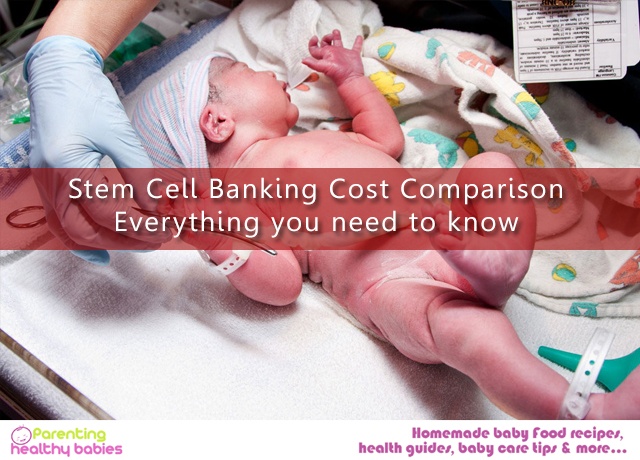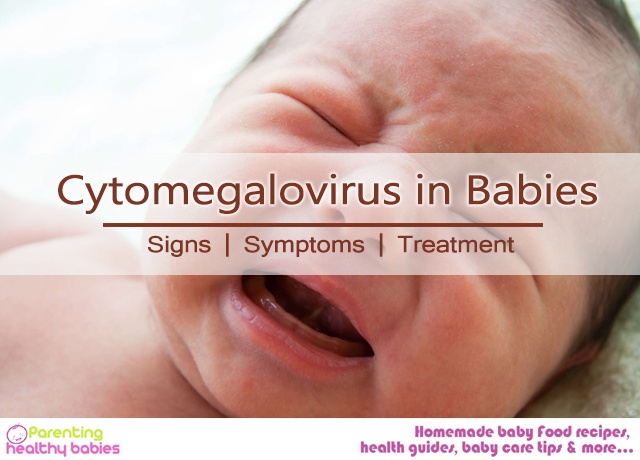Over the last decade or so, the practice of cord stem cell banking has gained popularity in the markets of the United States. But preserving your umbilical cord is an once-in-a-lifetime decision. That is the reason why you should know all the factors which separates a good stem cell bank from the others.
Private stem cell banking is possible only in private banks. Public stem cell banks of America would not guarantee access to your stem cord in times of necessity of your child. For that reason, in this article we will analyze the factors which separate one private bank from the other.
This article in particular will talk about the top notch private stem cell banks of the United States including Cryo-Cell, Viacord, Cord Blood Registry (CBR), Life Bank USA, Americord, and AlphaCord.
Stem Cell Banking: Cost Comparison
Cryo-Cell
Located in Oldsmar, Florida, Cryo-Cell is one of the oldest and the largest private stem cell banks in the United States. Operational from the early 1990’s this stem cell bank uses state-of-art facility for collection and storage of the stem cells.
Accredited by the AABB this stem cell bank has a separate lab for testing syphilis, HIV, hepatitis, cytomegalovirus, and human T-cell lymphotrophic virus in the stem cell cord. The charge for testing is included in their registration fee.
The registration fee of this bank is $2,074, which is a pretty competitive rate in this market. The annual fee is taken only after the first year of storage and it is $125 annually. They also have a comprehensive 21 years at a discounted price of $3,949. This is a very popular package for Cryo-Cell.
Viacord
Viacord is another big name in the stem cell banking markets of the United States. Located in Cambridge, Massachusetts this private bank is also accredited by AABB. Viacord also maintains a pretty high standard when it comes to screening and storing the stem cells.
The bank undergoes tests like syphilis, HIV, hepatitis, cytomegalovirus, and human T-cell lymphotrophic virus in the stem cell cord. This is pretty safe because you will get to know the diseases (if any) in advance.
The cost of the tests is included in the initial registration fee. The initial registration fee of the bank comes to $1,575 which is quite low when compared to Cryo-Cell. However, the annual charges are a bit higher when compared to Cyro-Cell coming to an annual rate of $175.
Viacord gives you an option of 20-Year Prepaid Storage for $2,765, thereby allowing you a discount of $735 and also a 25-Year Prepaid Storage plan for $3,225 thereby allowing a discount of $1,150.
Cord Blood Registry (CBR)
Located in San Bruno, California CBR also has a strong reputation in stem cell banking. Equipped with the latest technology and equipments, CBR boasts a high rate of success. Just like Cryo-Cell and Viacord this stem cell bank also undergoes various screening tests in the form of syphilis, HIV, hepatitis, cytomegalovirus, and human T-cell lymphotrophic virus.
Accredited by AABB, CBR’s charges are much higher than its competitors and that too for good reasons. The initial registration fee for storing the cord stem is $2,770 whilst the annual storage cost is around $300.
CBR also has a 20 years storage package plan which comes to around $7,040. The cost is more than double than what the previous two banks are charging but at the same time, cost should not be the only criteria which will determine which cord stem bank to choose.
Life Bank USA
This is another major player in the stem cell banking market of America. Located in Cedar Knolls, New Jersey, this bank is also accredited to the AABB. The thing that makes this bank special is the fact that they store the cord stems along with the placenta blood and that they do as a complementary service at the same cost.
This is an added protection which is given by the bank as the placenta blood cells can be turned into skeletal tissue types such as bone, cartilage, fat tissue, and connective tissue, thereby assuring added support to your child.
The initial registration cost of $1,550 is quite competitive in the market whilst the annual charges come to around $150. Life Bank USA does not have any 20 years packaged plan but they do have a 18 years plan which can be availed at a discounted cost of $3,614.
Americord
A relatively new player in the market, Americord has gained much attention from the public due to its unique storage mechanism. The particular stem cell bank provides multiple backups and safety protocols, including emergency power from an independent generator.
Backed with advanced technology the company offers Cord Blood 2.0, by which parents can store up to twice as many of stem cells as traditional cord blood banking. Accredited by the AABB this stem cell bank also has a unique pricing policy. The initial registration fees amounts up to $3,499 for cord blood banking.
Though the registration fee is bit on the higher side the overall cost is much less since there are no annual storage costs. Also at the same time there are no 20 years plan since with this initial payment, the parents can store their precious stem cord for as many years they desire. So, on paper this is by far one of the cheapest options available so far.
AlphaCord
As far as the price war is concerned, AlphaCord might be the current leaders because their registration fee is as low as $995. This also includes the first year’s annual charges of storage.
The annual charges for maintaining the storage is around $225, which might appear to be a bit high but they have an affordable 18 years storage plan of just $2,995.
The offers are pretty tempting but unlike Cyro-Cell or Viacord this stem cell bank does not have a strong reputation behind it and that can prove to be a big decisive factor.
Other Factors for Consideration
Ideally cost should not be the only factor determining your choice of stem cell bank. That is due to the fact that if the private bank is not capable of storing the cord efficiently, then the entire effort and money will be wasted.
Smaller private banks can offer cheaper solutions but no money is worth spending for nothing. If your child fails to access the cord in times of his/her need then the process becomes futile.
That is why, apart from the cost parameters there are some other factors which you should look for:
- Accreditation: Though the FDA registers all the private stem cell banks of the United States of America but the accreditations are not mandatory. Keep your eyes open to check whether the private stem cell bank is AABB accredited or not. This kind of licensing ensures certain quality of the storage process.
- A history of giving stem cells for therapy: Though you should hope that your child never requires the stem cell cord but at the same time when you are planning on storing the umbilical cord, you must also make sure that the bank you choose has already given the stored cells in case of needs of other parties. This will offer you with the assurance that the bank is accessible and your child might be able to access the stem cells if and when he/she needs it.
- A sound collection service: A stem cell cord might lose its potency in the process of carrying it from the place of birth to the place of storage. You might be completely unaware of the fact that the umbilical cord is no good. This might become a tragic shock in the future and there are no ways by which you can undo this step. That is why study and inquire about the collection services and the technology used in the process. A proper collection service is a very critical factor separating one cord stem bank from the other.
- A strong history: History of a private bank is a big assurance for the parents. Imagine the hassle one has to undergo if the private stem cell bank goes out of business all of a sudden. Smaller stem cell banks might very well be operating in losses and are vulnerable towards bankruptcy. That is why, before you decide on preserving your cord in a private bank, you should study the history of the bank well enough.
If you wish to donate your cord for donation and research then it is completely free of cost. However, the cost of private preservation often ranges from $1,400 to $2,300 for collecting, testing, and registering, plus an annual $300 to $125 storing fee.
That is something to consider as your child might not actually need it in the future. Moreover, this is a constant cost that you have to bear barring the cost of medical treatments that you have to undergo, in case your child actually needs it.
Reference:
https://alphacord.com/Cord_Blood_Comparison_Chart-LP.html
https://topics.americordblood.com/cord-blood-banking/costs-and-comparisons/cord-blood-banking-comparison-cryocell-vs-americord













